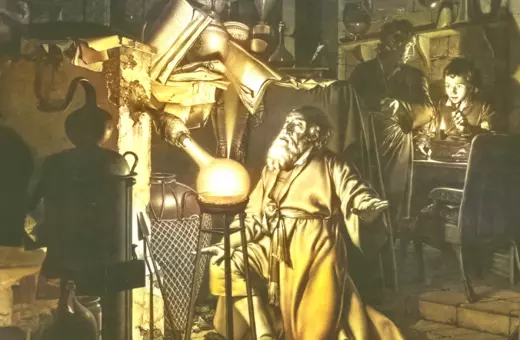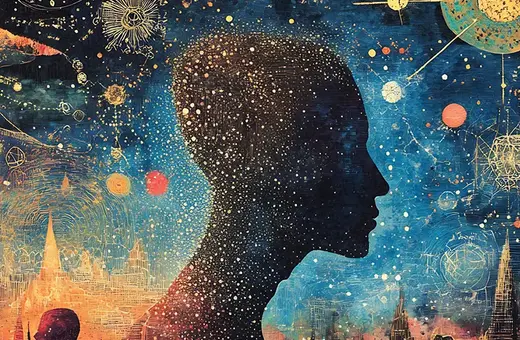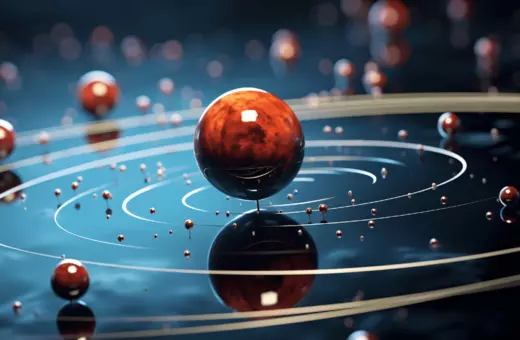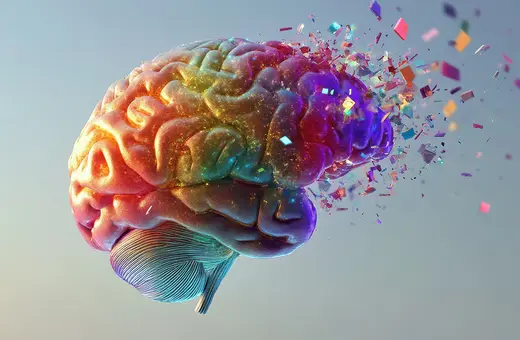Stories of scientific discovery often turn on moments of imagination, dreams and the unreal. This is no coincidence. Discovery and invention use the power of the unreal to usher new things into existence. Scientists stand outside the boundaries of the real when they push against it, writes Jimena Canales.
Eureka!—the expression is frequently used to designate the moment of discovery in science, when a genius idea suddenly enters into the mind of the researcher. What prompts such moments and what can we do so that they come to us more frequently? The utterance of the word in the context of science is often attributed to the Greek polymath Archimedes, who, as he was getting into a bathtub, had a brilliant idea that led to the principle that now goes by his name. Two centuries later after it allegedly too place, Vitruvius, the Roman architect and engineer, turned it into the story we know today. Archimedes, he recounted, had “leapt out of the vessel in joy, and, returning home naked, cried out with a loud voice that he had found that of which he was in search, for he continued exclaiming, in Greek, εὑρηκα, (I have found it out).”
Newton was fully dressed when he arrived at his breakthrough, yet the idea also caught him by surprise. Newton described his eureka experience to his biographer William Stukeley, who wrote it down soon after their conversation took place and passed it on to posterity. “After dinner, the weather being warm,” he wrote, “we [Newton and I] went into the garden and drank thea, under the shade of some apple trees…he told me, he was just in the same situation, as when formerly, the notion of gravitation came into his mind. It was occasion’d by the fall of an apple, as he sat in contemplative mood.”
When the French microbiologist Louis Pasteur wrote about moments of discovery, he was less colorful, noting that in science luck usually favored the prepared. For him, a good education in science that included laboratory practices was essential for churning out more and more eureka moments that could lead to great discoveries.
Einstein’s own account of the idea that led to the discovery of general relativity shared some elements with Newton’s and Archimedes’. He too was in a contemplative mood and caught by surprise. Einstein described the incident in a conversation with a journalist from The New York Times who visited him at home in Berlin shortly after the experimental verification of his theory had made him world famous: “It was from his lofty library,” wrote the reporter, “that he observed years ago a man dropping from a neighboring roof - luckily on a pile of soft rubbish - and escaping almost without injury.” The headline for the story ran: “Not Inspired As Newton Was But by the Fall of a Man from a Roof Instead of the Fall of an Apple.” Scholars and historians have since dismissed Einstein’s account as apocryphal. Towards the end of his life Einstein admitted that there was really not much truth in how scientists, including himself, described how they came up with their discoveries. “The worst person to document any ideas about how discoveries are made is the discoverer,” he told an interviewer.





















Join the conversation